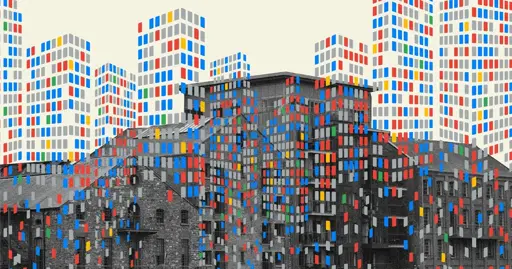Tech companies have become such a central part of the Irish economy that we’re now alarmingly reliant on the income they bring, even if the benefits are rarely felt by the average citizen. Since the mid-2010s, the relocation of intellectual property assets by companies like Apple to Ireland has grossly distorted its GDP — to the extent that Ireland is often left out of EU GDP calculations to avoid skewing the data. This kind of “economic froth,” as named by Cliff Taylor in a 2023 Irish Times article, creates an unhealthy reliance on America’s continued offshore manufacturing of products like tech and pharma — a situation that is now under serious risk as the Department of Finance forecasts that the Trump administration’s mooted tariffs could cost Ireland €18 billion in lost trade.
John Naughton, writing in The Guardian in 2022, foresaw the fragility of the situation, noting that foreign multinationals, mostly composed of the tech and pharma sector, account for 66 percent of Ireland’s exports. If the tech companies move and pharma exports are hit with threatened tariffs from the United States, Ireland’s economy will be deeply exposed. The Irish government and data protection commissioner’s moves to protect companies like Apple and Meta from taxes and fines demonstrate a desperation to hold on to these multinationals at any cost, rather than to imagine an Ireland without them.
Coming so soon after the last recession, it feels like we’re sleepwalking into the same disaster.



It created a lot of jobs. It just didn’t get the usual network effects of having a lot of people employed because they were all incentivized to stay working at these big tech firms.
The solution is to make it easier for said tech employees to form their own tech startups using local talent. That way they’re likely to break away from US tech and forge their own paths.
I don’t know what the situation in Ireland is for starting such business but clearly it isn’t in great shape. The government obviously focused on the big players at the expense of the small (local) ones.